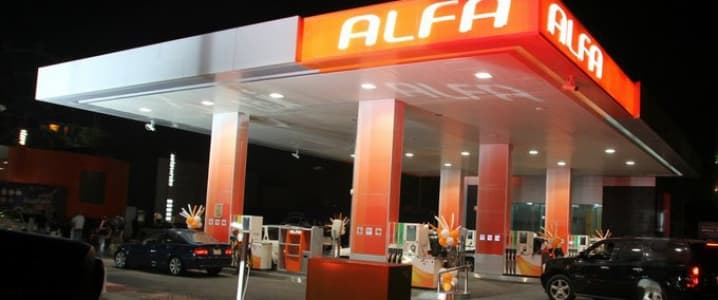The government’s recent decision to make cuts to Kuwait’s petrol subsidy system is expected to boost state coffers amid low global oil prices, despite some push-back from organised labour.
In June, Adnan Abdulsamad, head of the National Assembly’s budget committee, announced plans to reduce allocations for petrol subsidies to KD238m ($790m) in FY 2016/17, significantly lower than the estimated KD4bn ($13.3bn) previously spent annually.
The cost-saving measure is part of a larger economic strategy aimed at reforming the public sector and increasing private sector participation in economic development.
Subsidy reforms to save billions
Following an earlier move to lift subsidies on diesel and kerosene, launched last year, the new system will be carried out in stages.
In August authorities announced petrol prices would increase significantly beginning in September, with price hikes ranging from 40 percent to more than 80 percent depending on the grade.
According to international media reports, the price of low-octane petrol will rise by 41 percent to KD0.085 ($0.28) per litre, high-grade petrol by 61 percent to KD0.105 ($0.35) per litre and low-emission ultra-petrol by 83 percent to KD0.165 ($0.55) per litre.
Public transport and taxi fares have also been revised upward to reflect the higher petrol cost, though they remain the lowest in the GCC, according to statements from the Ministry of Interior.
From theory to practice
This marks the first time in nearly two decades that the state has increased petrol prices, making Kuwait the last GCC country to do so following the mid-2014 oil price crash, which saw Brent crude fall from more than $115 per barrel to less than $30 this January. Prices have since recovered somewhat, to around $48 as of early September.
Energy subsidies have long been a significant expense for the state, equivalent to between 1.3 percent and 5.7 percent of Kuwait’s GDP per year, according to Work Bank estimates, which take into account environmental, health and other externalities. Related: The Start Of Something Big? Iran Changes Oil Contracts
Had the petrol and other subsidies remained intact, it would have cost Kuwait some KD16bn ($53.1bn) between 2016 and 2019, Khalifa Hamada, undersecretary of the Ministry of Finance, told media last December.
International response
A firm decision to increase prices sends a strong signal that the government is intent on implementing a series of sweeping economic reforms, as highlighted by the six-point economic strategy unveiled by Anas Khalid Al Saleh, deputy prime minister, minister of finance and acting minister of oil, in February.
The plan emphasises financial reforms, increasing private sector participation in economic development, as well as changes to the labour market and public sector. These reforms are also seen as critical for sustainable long-term growth, particularly given the record KD8.7bn ($29bn) deficit forecast for FY 2016/17.
A host of international stakeholders, including the World Bank, have praised the government’s decision.
“Energy subsidy reforms provide a significant opportunity to… reform the energy sector and remove the inefficiencies along the value chain,” the bank said in a statement days after the price hikes were announced. “The current environment of low oil prices presents an opportunity to reform energy subsidies with minimal impact on consumers, while generating fiscal savings at a time when fiscal pressures are increasing.”
The World Bank added that it expects subsidy reforms to encourage the development of labor-intensive industries, another top priority in the country’s drive to foster non-energy growth.
Potential roadblocks
Government plans could prove problematic, however, as a result of pushback from labour unions, which are much more robust and politically active than elsewhere in the GCC. Related: Big Oil’s Iraqi Disappointment
ADVERTISEMENT
Indeed, on August 10 the central council of the Labour Union of Kuwait announced a rejection of the petrol subsidy rationalisation.
This is not the first time the state has attempted to reform its subsidy system. Other recent efforts – including a fuel price hike announced in January of last year – have met with resistance in parliament and were delayed as result.
Additionally, earlier planned reforms to the salary and bonus schemes of energy workers triggered a three-day strike in April, during which time oil output fell from 3m to roughly 1.1m barrels per day.
Although the World Bank notes that per litre petrol prices in Kuwait will still be roughly half of those paid in Europe – and indeed the lowest in the GCC – the government will likely continue to face some resistance in rolling back popular subsidies.
More Top Reads From Oilprice.com:
- Why Oil Prices Can’t Stay Low For Much Longer
- Russia And Saudi Arabia Playing A Risky Game Ahead Of OPEC’s Meeting
- The Natural Gas War Burning Under Syria


















